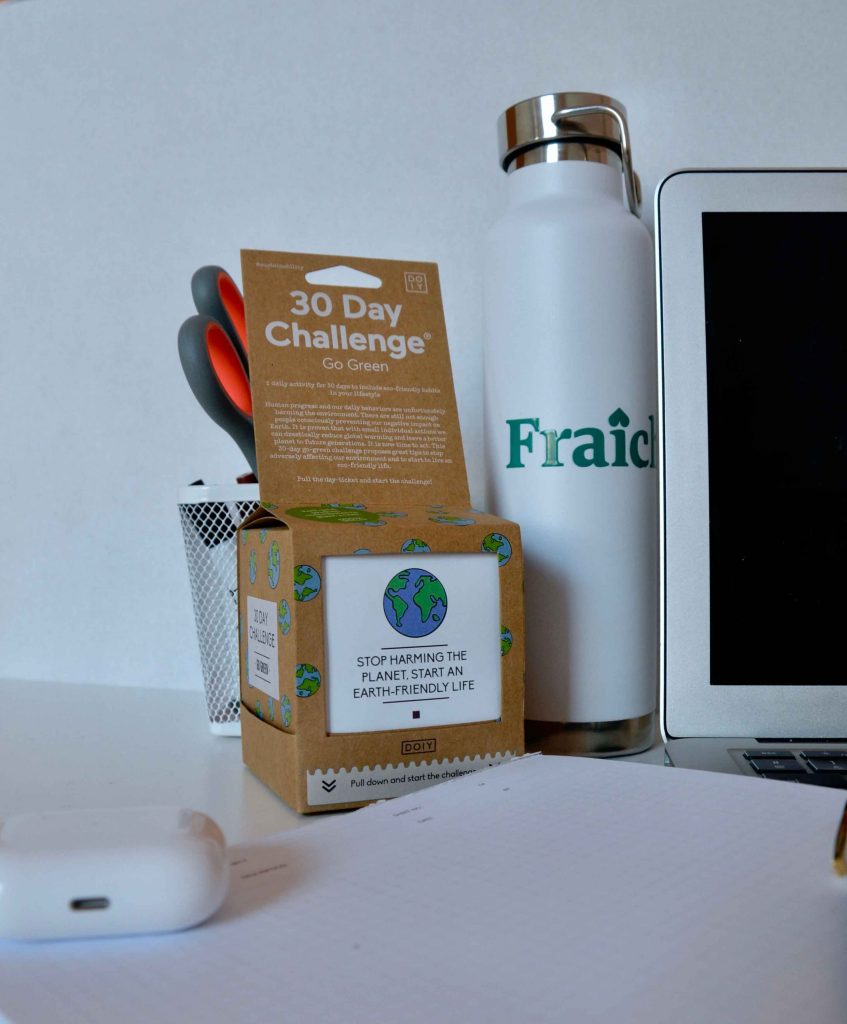Sustainability in the Workplace: Why It Matters and How to Achieve It
In recent years, sustainability has become a buzzword in many industries. This is particularly true in the workplace, where more and more companies are recognizing the importance of sustainable practices.
In fact, according to a report by Nielsen, 66% of consumers worldwide are willing to pay more for products and services that come from sustainable brands.
With this in mind, it’s clear that businesses that prioritize sustainability are not only doing their part for the planet but are also more likely to attract and retain customers.
Why Sustainability Matters in the Workplace
The benefits of sustainability in the workplace are numerous.

For starters,
Sustainable practices can reduce costs by minimizing waste, lowering energy consumption, and increasing efficiency.
Additionally,
Sustainable practices can lead to a healthier workplace, which in turn can lead to happier and more productive employees.
Finally,
Companies that prioritize sustainability are more likely to attract and retain customers who are looking for environmentally responsible products and services.
Current statistics on sustainability in the workplace
The benefits of sustainability in the workplace are well-documented. Here are a few stats that highlight the impact of sustainable practices:
- According to the EPA, Americans generate about 251 million tons of trash every year. By implementing sustainable practices such as recycling, composting, and reducing waste, companies can help minimize their contribution to this problem.
- In a study conducted by the World Green Building Council, employees who worked in green buildings reported higher levels of job satisfaction, better health and well-being, and improved productivity

- According to a survey by Cone Communications, 92% of consumers have a more positive image of a company when it supports social or environmental issues.
- Companies that prioritize sustainability are more likely to attract and retain millennial employees, who are more likely to seek out employers with a strong social and environmental mission.
How to Be More Sustainable in Your Everyday Life
While sustainable practices are important in the workplace, they’re equally important in our personal lives. Here are a few tips on how to be more sustainable in your everyday life:
- Reduce your use of single-use plastics. Bring your own reusable water bottle, coffee cup, and shopping bag.
- Choose energy-efficient appliances and light bulbs to reduce your energy consumption.
- Support local farmers and businesses to reduce your carbon footprint.
- Recycle as much as possible, and compost food waste if your community offers this service.
- Consider switching to renewable energy sources such as solar or wind power.

Tips on How to Give Back to Your Local Community
Giving back to your local community is another way to prioritize sustainability. Here are a few tips on how to get involved:

- Volunteer with local organizations that focus on sustainability or environmental issues.
- Participate in community clean-up events.
- Support local farmers’ markets and community gardens.
- Attend local government meetings to learn about and advocate for environmental policies.
- Donate to local charities that focus on sustainability or environmental issues.
How is Fraîche supporting your workplace to become more sustainable?
If you’re looking for a sustainable food solution in the workplace, Fraîche is an excellent option. As a certified CO2 Neutral® company, Fraîche is committed to reducing and recycling, and 99% of their food brands use compostable packaging.
Additionally, all meals that are not consumed are donated to charities in NYC, Fraîche works closely with organizations such as Replate and Rethink. By having a Fraîche fridge in your office, you’re not only getting access to delicious, healthy food from the best restaurants in NYC, but you’re also contributing to a more sustainable workplace.

With Fraîche taking care of the details, you can enjoy your breakfast, snack, or meal in pure tranquility, knowing that you’re doing your part for the planet!
Read more..
- “How to Make Your Workplace More Sustainable” by Amanda Stupi, published in Harvard Business Review: This article provides actionable steps for making your workplace more sustainable, such as reducing energy consumption and waste, encouraging employees to use alternative transportation, and choosing environmentally friendly products.
- “10 Easy Ways to be More Sustainable at Work” by Emily Waddell, published in The Independent: This article provides practical tips for individuals to be more sustainable at work, such as using a reusable water bottle, bringing your own lunch, and printing less.
- “Sustainability at Work: 10 Simple Steps to Reduce Your Business’s Environmental Impact” by John Boitnott, published in Inc.: This article provides tips for businesses to be more sustainable, such as switching to energy-efficient light bulbs, reducing paper usage, and encouraging telecommuting.
- “The Business Case for Sustainability” by Jessica McGreal, published in The Guardian: This article explores the benefits of sustainability for businesses, including increased efficiency, cost savings, and improved reputation.
- “The Future of Work is Sustainable” by Rachael Hamilton, published in Forbes: This article explores how sustainability is becoming increasingly important in the workplace and provides examples of businesses that are making sustainability a priority.



